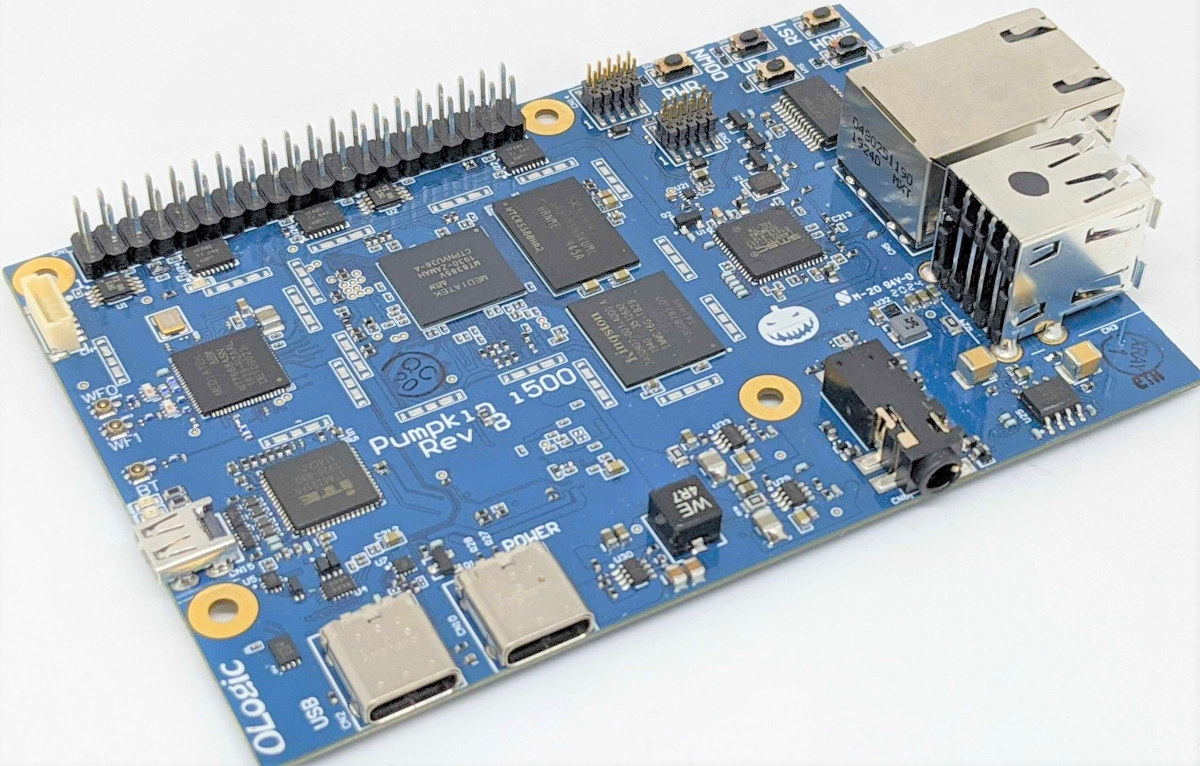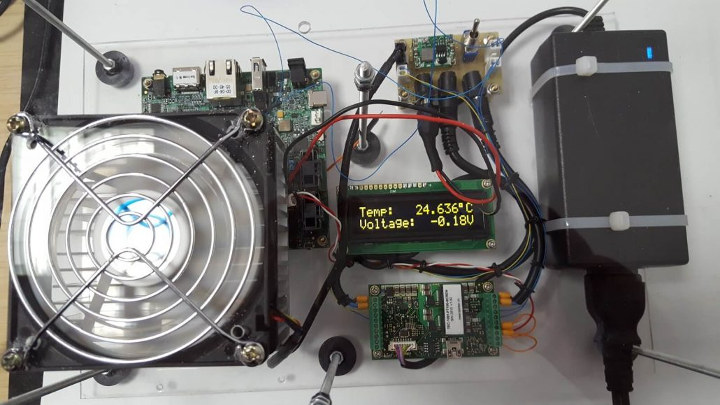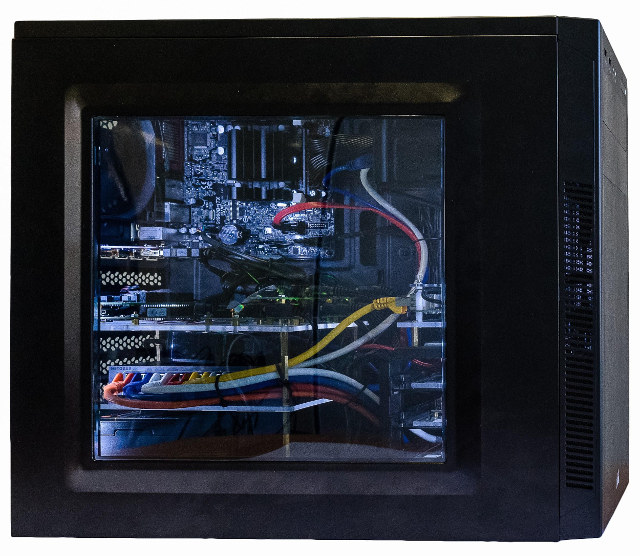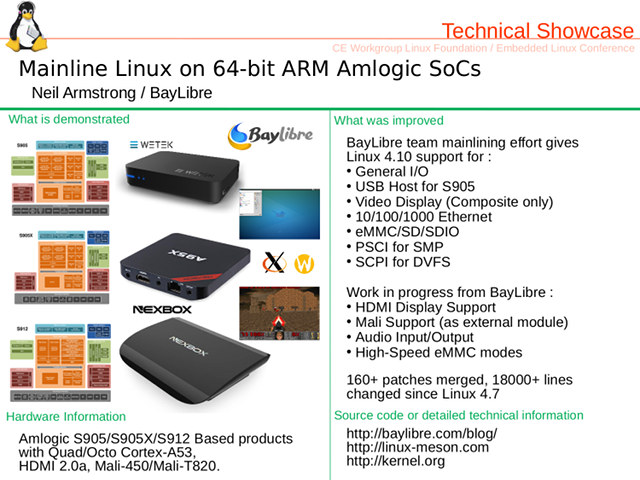MediaTek Rich IoT SDK v20.0 was released at the beginning of the year together with the announcement of Pumpkin i500 SBC with very few details except it would be powered by MediaTek i500 octa-core Cortex-A73/A55 processor and designed to support computer vision and AI Edge Computing. Pumpkin i500 hardware evaluation kit was initially scheduled to launch in February 2020, but it took much longer, and Seeed Studio has only just listed the board for $299.00. We also now know the full specifications for Pumpkin i500 SBC: SoC – MediaTek i500 octa-core processor with four Arm Cortex-A73 cores at up to 2.0 GHz and four Cortex-A53 cores, an Arm Mali-G72 MP3 GPU, and dual-core Tensilica Vision P6 DSP/AI accelerator @ 525 MHz System Memory – 2GB LPDDR4 Storage – 16GB eMMC flash Display – 4-lane MIPI DSI connector Camera – Up to 25MP via MIPI CSI connector Video Decoding – 1080p60 […]
BayLibre TPMP Lowers the Cost and Time of PVT Characterization
If you don’t quite understand the title of this post, don’t worry that’s normal! So let me explains. TPMP stands for Thermo-regulated Power Measurement Platform, and PVT (Power, Voltage, Temperature) characterization is a step in semiconductor manufacturing that involves testing wafers with various voltages, clock frequencies, and temperatures – known as Operating Performance Points (OPP) – to see how the properties of the wafer change. The equipment required to perform this characterization is usually very expensive, and the process takes time. So BayLibre was tasked by one of their customers to automate the process, and find a lower cost solution. That’s how BayLibre TPMP came to life. The TPMP is comprised of six main hardware components in order to measure NXP i.MX8 processor die-temperature: Peltier element Meerstetter TEC-1091 Peltier controller Fan Heatsink temperature sensor Chip external temperature sensor LCD display to monitor temperature, voltage, and current. The TEC-1091 chip controls […]
Lab in a Box Concept Embeds x86 Server and 6 ARM Boards into a PC Case for Automated Software Testing
The Linux kernel now has about 20 millions line of code, Arm has hundreds of licensees making thousands of processors and micro-controllers, which end up in maybe hundreds of thousands of different designs, many of which are not using Linux, but for those that do, Linux must be tested to make sure it works. The same stands true for any large software used on multiple hardware platforms. Manual testing is one way to do it, but it’s time consuming and expensive, so there are software and hardware continuous integration solutions to automate testing such as Linaro LAVA (Linaro Automated Validation Architecture), KernelCI automated Linux kernel testing, and Automotive Grade Linux CIAT that automatically test incoming patch series. Both CIAT and KernelCI focus on Linux, and rely on LAVA, with KernelCI leveraging hardware contributed by the community, and proven to be effective as since it’s been implemented, failed build configs dropped […]
Mainline Linux on 64-bit ARM Amlogic SoCs, and TV Boxes such as Wetek Hub / Player 2, NEXBOX A1 / A95X, etc…
We’ve already seen Neil Armstrong, part of BayLibre, worked on adding Amlogic SoC (S905/S905X/S912) to mainline Linux via our virtual schedule for the Embedded Linux Conference & OpenIoT Summit 2017. But at the time, although we could see some activity in Linux 4.10 including support for Nexbox A95X and Nexbox A1, they did provide that much details the work that had been done, but since then, ELC 2017 videos have been released, and BayLibre wrote a short post about 3D Graphics support in mainline Linux. We can see that I/Os, USB host, composite video output, Ethernet, eMMC/SDIO, and PSCI and SCPI features have already been added to Linux 4.10. but some important features have not yet including HDMI, Mali support, Audio, and high speed eMMC modes. HDMI is actually planned for Linux 4.12, which could be released in about 18 weeks if we keep the 10 weeks kernel release schedule […]






